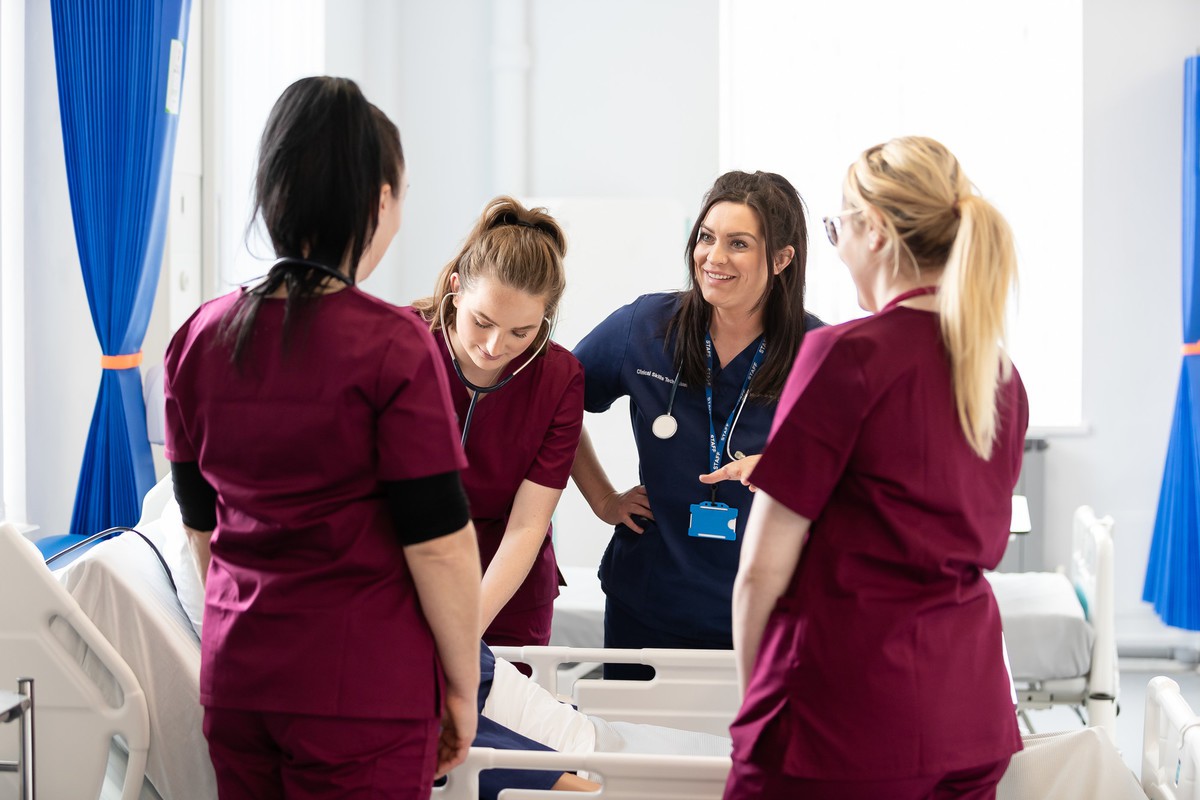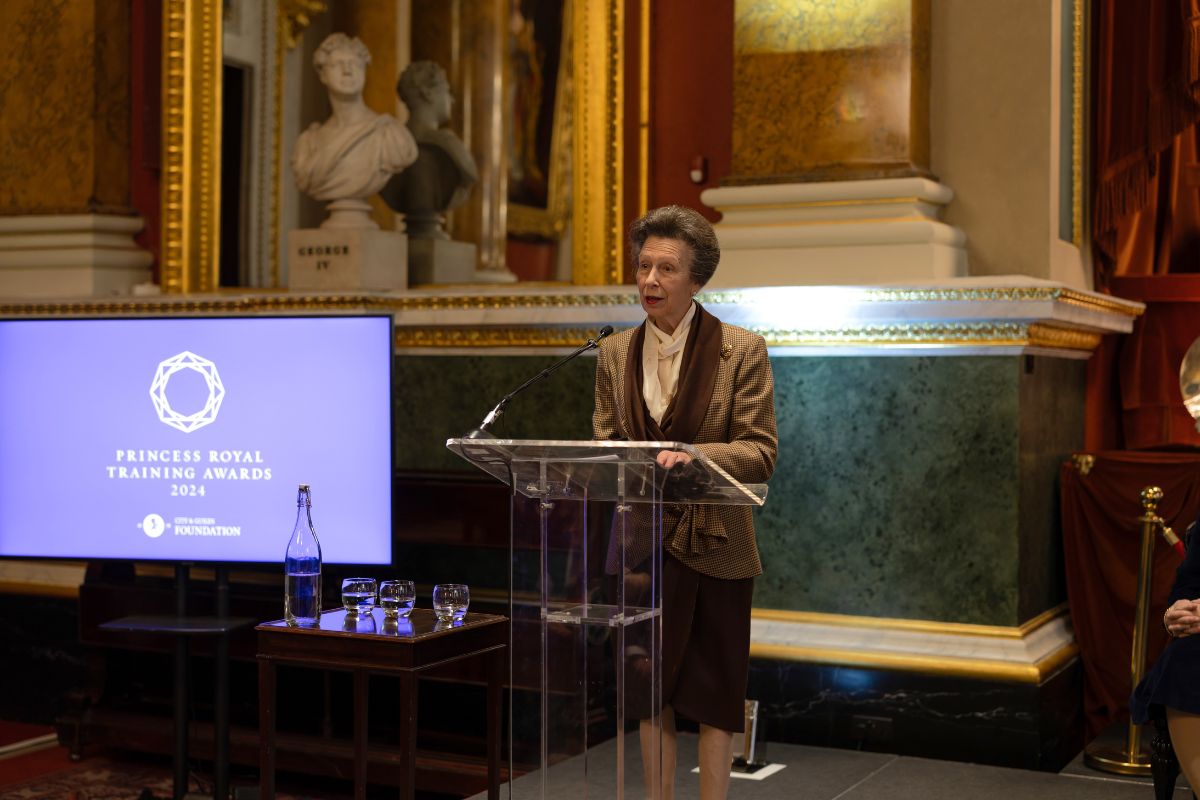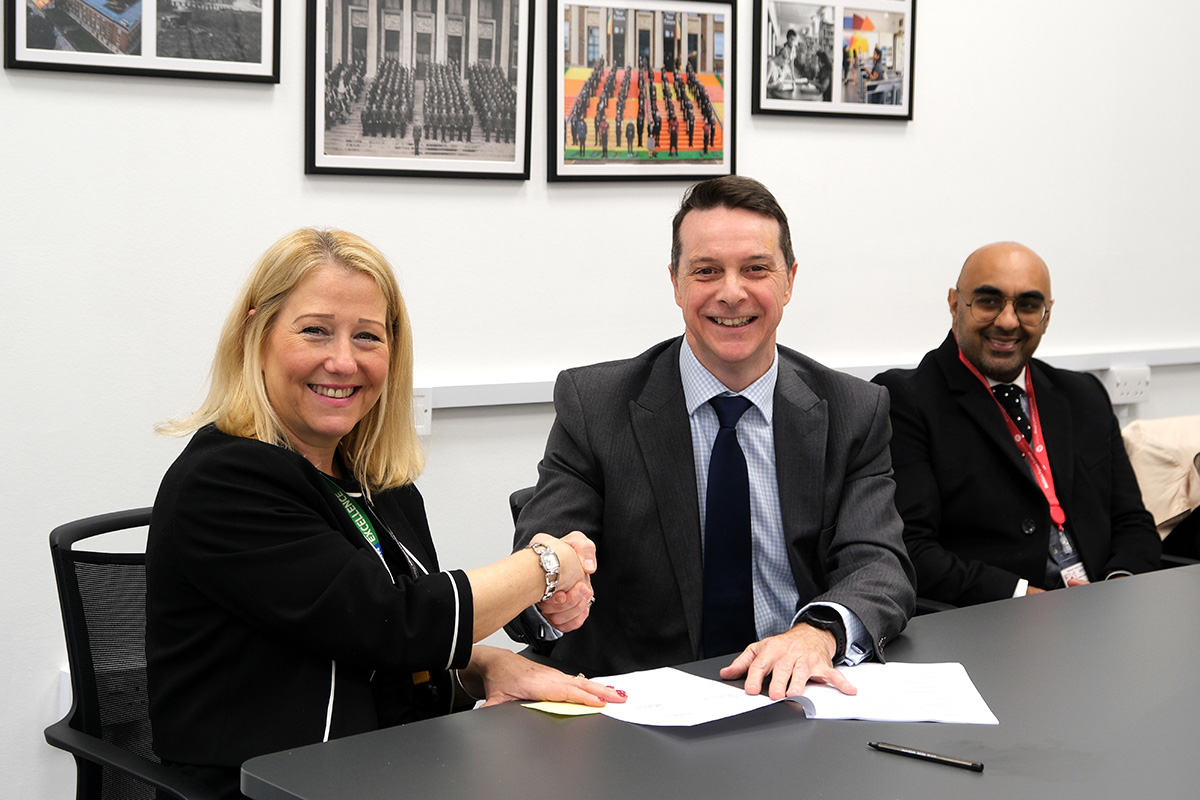Funding announced for 50 new Chester Medical School places

The University of Chester is thrilled to announce that its Chester Medical School is to receive funding for 50 new students to support the training of the next generation of medical doctors.
The announcement, made today (October 3) by Health Secretary Steve Barclay, marks a significant milestone in the University’s ongoing commitment to excellence in medical education.
Professor Eunice Simmons, Vice-Chancellor of the University of Chester, welcomed the news, saying:
“The University of Chester is delighted with today’s announcement of new graduate entry level medical degree places from autumn 2024.
“The launch of a full medical school at Chester is a key strategic project for the University, building on our postgraduate medical portfolio and significant strengths in bioscience, health and social care provision.”
The funding allocation for these new medical places is not only a testament to the University’s dedication to training a new generation of healthcare professionals but also to its steadfast commitment to widening participation, and inter-professional learning.
Professor Angela Simpson, Pro Vice-Chancellor and Executive Dean for the Faculty of Health, Medicine, and Society, highlighted the importance of this initiative in the context of the NHS Workforce Plan.
She said:
“Increasing the number of doctors in training is an important part of the NHS Workforce Plan, which aims to grow the number of registered NHS staff working in primary care and community services.
“Our new graduate entry medical programme speaks to this agenda and includes a focus on the delivery of care outside hospitals within a healthcare system focused on prevention and early intervention.
“The announcement today is an endorsement of our close relationships with practice partners and their confidence in the University of Chester to deliver a postgraduate medical programme that responds directly to both regional health care priorities and future workforce needs.”
Professor Arpan Guha, Dean of Chester Medical School, added:
“Chester Medical School will produce medical graduates who will not only be compassionate doctors but also system leaders who will be strong health advocates for their patients.
“Our graduate entry medical programme is designed to create opportunities for graduates from all disciplines and backgrounds to become a doctor, thus fully representing the communities they will eventually serve.
“The University of Chester is dedicated to equipping its medical graduates with the skills and knowledge required to address the evolving challenges facing healthcare systems in the UK and worldwide. These doctors will be true ‘Citizen Students,’ embodying the hallmark of the University of Chester’s student experience.”
Professor Helen O’Sullivan, Provost and Deputy Vice-Chancellor of the University of Chester, said:
“At Chester, we have worked closely with the General Medical Council (GMC) and our partners at Warwick Medical School to develop a medical curriculum that produces high quality doctors who are prepared for new ways of delivery.
“We are focusing on innovative use of technology to mirror the advances that doctors will see in practice so that our graduates will be fit to lead the healthcare workforce of the future.”











Responses